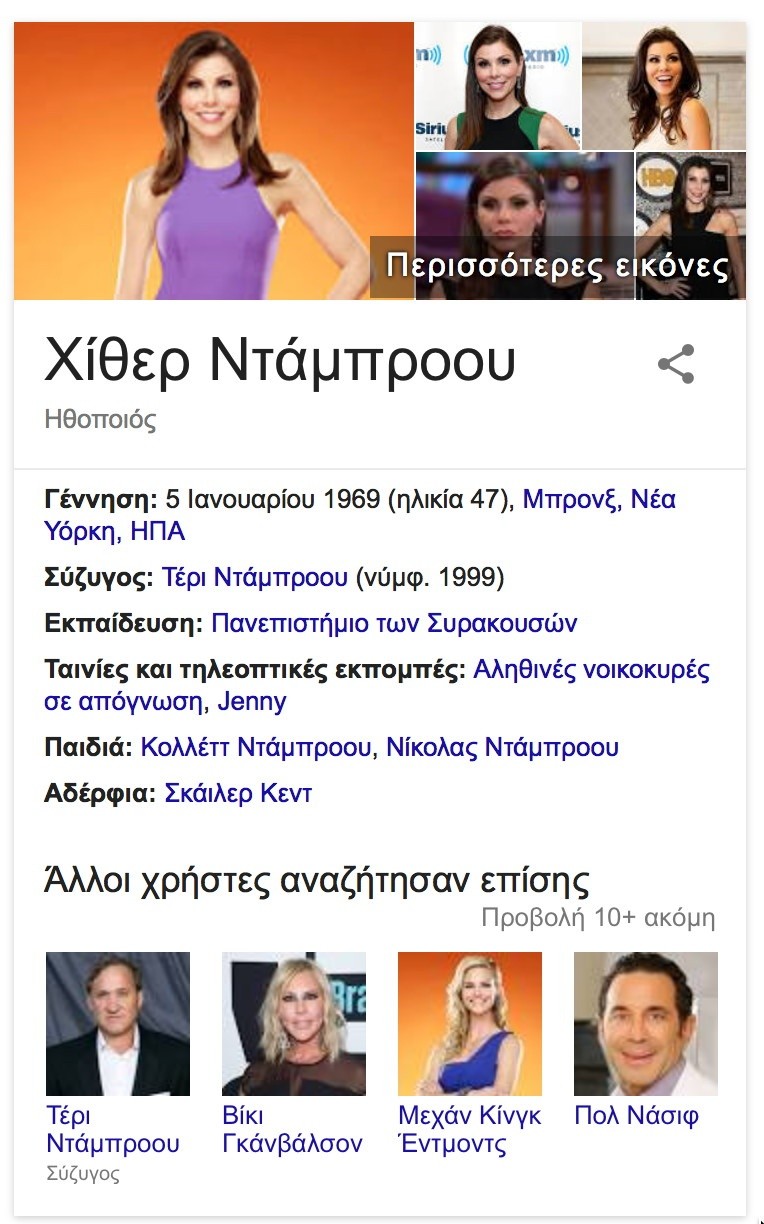Like Alec Fane (in comments to Peter Flom) I differentiate between trolling and non-trolling comments (including insisting on continuing a debate once the OP has agreed to disagree). Because otherwise, disable all comments ever, and be done with it.
An answer offered in the context of social media* is an answer informed by the reception and feedback of its peers. In that regard, social media is an advance on the traditional, unidirectional communication of opinion: it allows the answer to be enriched, collaboratively, and to be corrected or adjusted as need be.
In fact, in a domain where I don’t have the subject expertise, how the answerer interacts with comments questioning their premises or completeness will inform how trustworthy I consider them to be.
I do think less of Quora members who disable comments. Ernest Adams’ answers for example are (from what I have seen) largely trustworthy; but Ernest Adams has decided that two-way interaction is not for him. Well, if I wanted a one-way flow of information, I’d read a book (or a newspaper column, which is how he’s explicitly described his approach). In this medium, it means he is not opening his answers to inquiry. It is a poor cultural fit to how anyone online now consumes information. It’s his right to do one-way flow; it’s my right to construe that as arrogance, and not to want that on my feed.
And when people go further and offer factually wrong answers while disabling comments (as I’ve discovered in etymology questions), then their disabling comments is allowing them to spread misinformation. Yes, I do post separate answers correcting them. But that really isn’t the same, especially given that users usually see answers in isolation in their feed.
There’s a foundational disconnect here, I suspect, between those who believe an answer is to be judged in and of itself, as a disembodied text, vs those who construct a profile of trustworthiness around answerers.
See also Nick Nicholas’ answer to Why would a person who has blocked you upvote your answers? , which comes from the same worldview as this answer.
* Quora can deny all it wants that it’s social media. If they’ve got follows and comments, they’re social media. And if they lost follows and comments, well, good luck getting anyone to join…





